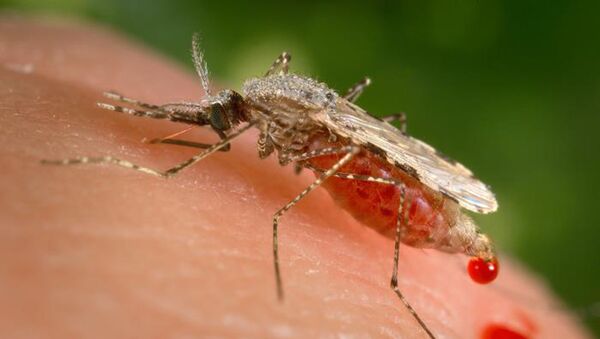“This suspected EEE case in a Michigan resident shows this is an ongoing threat to the health and safety of Michiganders and calls for continued actions to prevent exposure, including aerial treatment,” Dr. Joneigh Khaldun, chief medical executive and chief deputy for health at the MDHHS, said in a recent news release.
The release adds that preliminary test results show that the Barry County resident has EEE. However, the MDHHS and the Barry-Eaton District Health Department are still waiting on confirmatory testing to be completed by the end of the week.
The MDHHS is also urging people in the counties of Barry, Clear, Ionia, Isabella Jackson, Kent Mecosta, Montcalm, Newaygo and Oakland to also remain heedful of the virus, which is spread through the bites of infected mosquitoes.
In addition to this human case, there are 22 confirmed cases of the viral disease in horses in 10 Michigan counties. There are nine confirmed human cases of the West Nile Virus, which is primarily transmitted by mosquitoes, in the state as well.
“MDHHS continues to encourage local officials in the affected counties to consider postponing, rescheduling or cancelling outdoor activities occurring at or after dusk, particularly those involving children to reduce the potential for people to be bitten by mosquitoes,” Khaldun added.
EEE is one of deadliest mosquito-borne illnesses in the world. According to the US Centers for Disease Control and Prevention (CDC), it is characterized by fever, chills, malaise, arthralgia, or joint pain, and myalgia, also known as muscle pain or muscle ache.
Some people recover from the illness when it does not affect the central nervous system. Signs of a neurologic infection include fever, headache, vomiting, diarrhea, seizures, behavioral changes, drowsiness and coma.
A third of all people who develop brain inflammation due to the virus die, according to the CDC.
“Death usually occurs 2 to 10 days after onset of symptoms but can occur much later. Of those who recover, many are left with physical or mental sequelae, which can range from mild brain dysfunction to severe intellectual impairment, personality disorders, seizures, paralysis, and cranial nerve dysfunction. Many patients with severe sequelae require long-term care and die within a few years,” the CDC warns.
Last year, EEE infected 38 people in the US, more than in any previous year since 2010, when the CDC started tracking EEE infections in the country.

